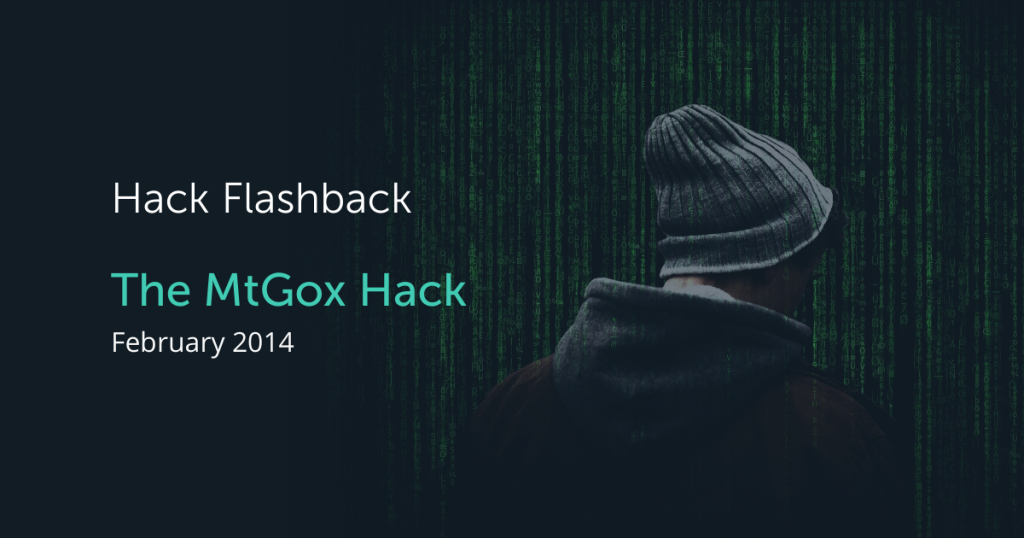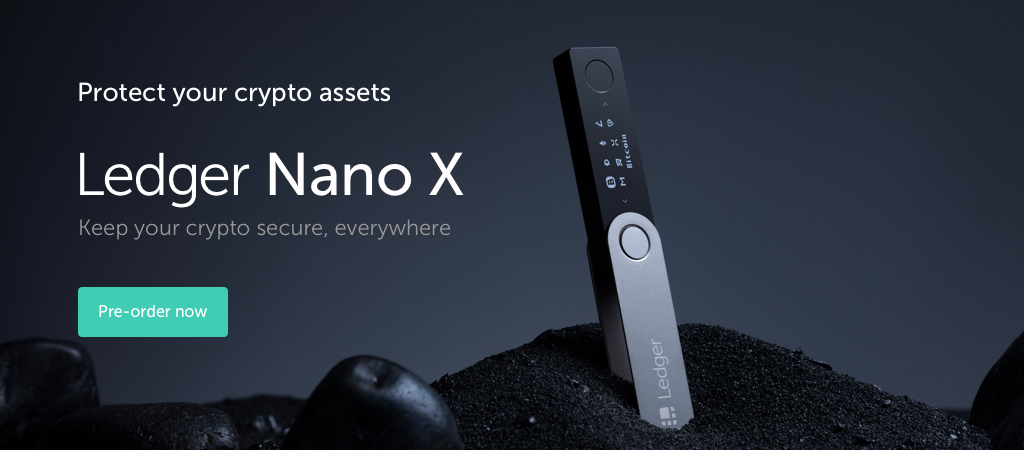Blog posts, Thought leadership | 02/18/2019
Hack Flashback: The Mt.Gox Hack – The Most Iconic Exchange Hack
Security
Today, we are discussing the most iconic cryptocurrency exchange hack: the infamous Mt. Gox hack. Mt. Gox was the most renowned cryptocurrency exchange in the early days, having been founded in 2010. The exchange handled over 70% of all Bitcoin transactions in the world at its time.
What exactly happened during the Mt.Gox hack?
The Mt. Gox exchange had already been hacked in 2011. During the first of two hacks, the attackers were able to compromise a computer belonging to an auditor of Mt. Gox. They were here able to change the Bitcoin pricing to a single cent. After this, they were able to obtain the private keys of Mt.Gox clients as their precious crypto assets were kept in hot wallets (internet-connected wallets). The hackers then created selling orders on these accounts and bought up the Bitcoins at this artificially reduced price, acquiring 2000 BTC in this fashion.
This hack concerned an estimated $30.000 theft in Bitcoin, which was dwarfed by the one that took place on February 2014.
The second Mt.Gox hack infamously became the first major cryptocurrency exchange hack. This time, the hacked value consisted of a massive $460 million worth of Bitcoin at the time. While not the largest hack regarding value in fiat money, it is by far the largest amount of Bitcoins ever stolen. Over 850,000 Bitcoins had been stolen, including 750,000 Bitcoins owned by its customers. At its peak price, this would have a value of $17 billion and at its current price* nearly $3 billion.
While Mt.Gox stopped all Bitcoin withdrawals on the 7th of February 2014, the exchange had already been emptied of its Bitcoins long before: Mt.Gox’s Bitcoins were reportedly stolen bit by bit ever since the beginning of 2011. The group behind this investigation indicates that by May 2013, Mt.Gox no longer held its Bitcoins.
Not long after, Mt.Gox filed for bankruptcy as it was no longer able to continue its operations.
What happened to the victims of the Mt.Gox hack?
Unfortunately, the victims of the Mt.Gox hack have not seen a Satoshi of their Bitcoins returned to this day. Many claims and lawsuits have surrounded the Mt.Gox hack, but currently those impacted are left empty-handed. During investigations, 200,000 Bitcoins were retrieved by Mt.Gox, but these have not been dispersed to compensate its clients as the exchange is under a state of bankruptcy. 650,000 Bitcoins remain unaccounted for to this day (3.7% of Bitcoin’s circulating supply). Furthermore, even those who did not have a Mt.Gox account were durably impacted: the Bitcoin price nosedived to nearly 50% of its value prior to the hack. It took the crypto asset till the end of 2016 to return to the same value.
There may yet be some light at the end of the tunnel for victims of the Mt.Gox hack: over four years after the hack, a Japanese court has halted the bankruptcy state of the former cryptocurrency exchange. Due to this ruling, the 200,000 Bitcoins that were retrieved can be returned to Mt.Gox’s creditors. The Tokyo District Court equally mentioned that the payout can take place in Bitcoins rather than fiat if requested. The first refund in the reimbursement plan will not take place before the summer of 2019, over 5 years after the hack took place as it still requires validation.
How could Mt.Gox’s clients have been kept safe from this hack?
Unfortunately, hardware wallets were non-existent in the Mt.Gox days. This headline-grabbing hack did cause a massive shift in the crypto asset market. The need of security within the cryptocurrency world received much needed attention.
Currently, a good prevention would be keeping your cryptocurrencies on a hardware wallet such as the Ledger Nano X. Proper hardware wallets keep your private keys away from internet-connected devices, so that the access to your cryptocurrency accounts remains out of anyone else’s reach – hackers included.
The technology and organization exchanges use to safeguard private keys is equally important. Several of Mt.Gox’s former employees have mentioned a disorganized organization. More recently, we have seen the Canadian exchange QuadrigaCX losing access to its private keys as the single person with access to them had passed away, leaving $130 million worth in crypto inaccessible. For financial institutions (such as cryptocurrency exchanges), Ledger equally provides a custody and asset management solution for crypto assets in the form of the Ledger Vault.
At Ledger, our mission is to provide a secure storage solution for your private keys.
The next generation of hardware wallets, the Ledger Nano X, is currently available for pre-order. Click on the banner underneath for more information.

*Bitcoin price at time of writing: $3640, source: www.coinmarketcap.com (12/2/2019)
